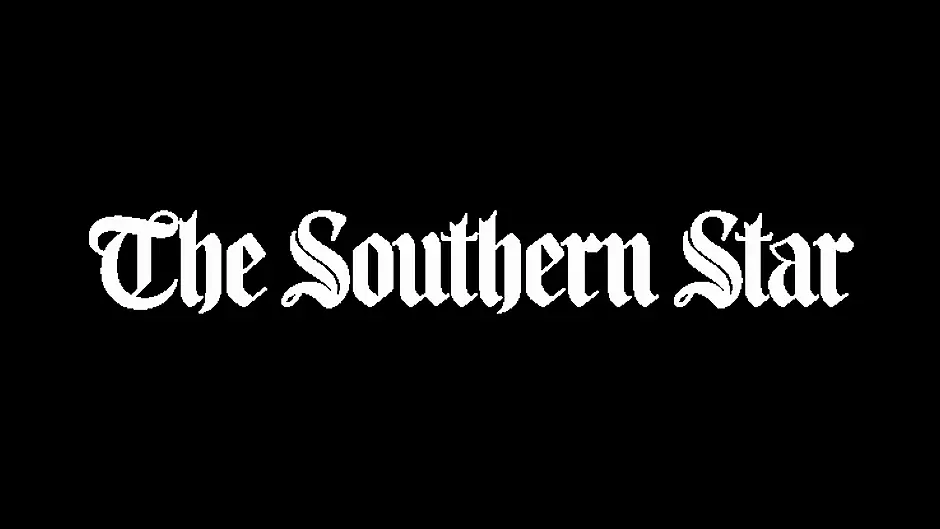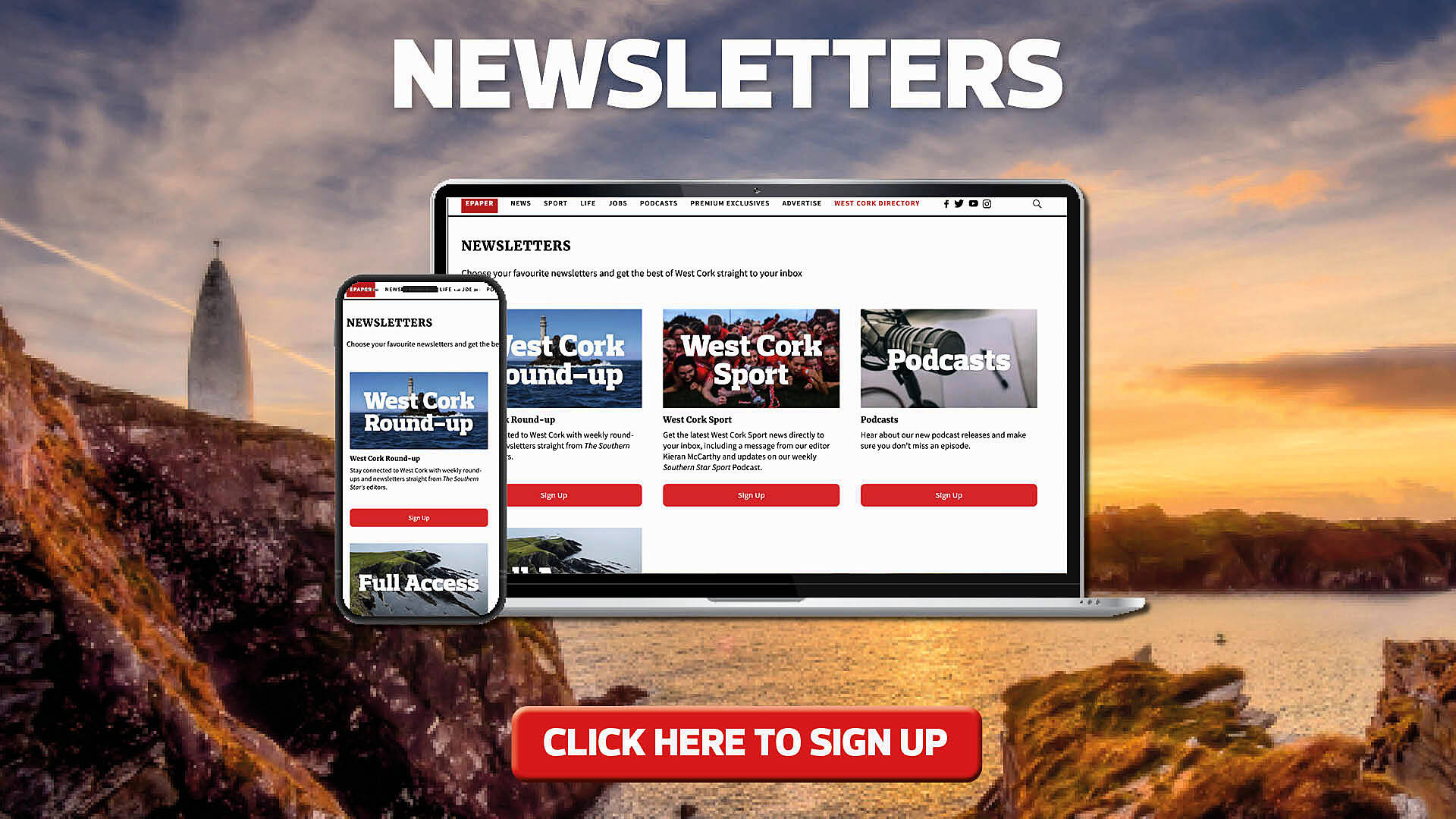Irish farmers face a dairy superlevy penalty of over €70 million as milk producers exceeded the national production threshold by 4.4% for the 2014/2015 quota year, the Commission announced last week.
By Rose O'Donovan
IRISH farmers face a dairy superlevy penalty of over €70 million as milk producers exceeded the national production threshold by 4.4% for the 2014/2015 quota year, the Commission announced last week.
In all, a dozen countries, including Germany, Denmark, Italy, Netherlands, Austria and Poland, will face a combined superlevy penalty of nearly €818m. The penalty is twice the amount of last year (€409m) and a staggering 18 times higher than in 2013 (€45m). Germany and Poland face hefty fines of over €309m and €161m, respectively, while the Netherlands has been hit with a considerable levy of €135m as it continues to expand its dairy production capacity and tap into emerging markets.
Introduced in the 1980s, the quota system aimed at addressing problems of surplus production on the EU market that resulted in the infamous milk lakes and butter mountains. The fine for the last year of the quota regime – abolished on March 31st – was largely expected, but comes as a blow to the sector as it tries to find its feet after the recent slump in commodity prices.
The 12 countries exceeded their national milk quotas by nearly three million tonnes, as total deliveries across the EU in 2014/’15 increased by 2.7% - nearly 3.9m tonnes – relative to 2013/’14. Under the rules, when a country exceeds its national quota, a surplus levy of €27.83 per 100kg has to be paid by the Member State concerned, which is paid by the milk producers themselves in proportion to their contribution to the overrun during the quota year.
Trade talks
The EU and New Zealand edged closer towards formally starting free trade talks after meetings between Presidents Jean-Claude Juncker (Commission), Donald Tusk (European Council) and NZ Prime Minister John Key in Brussels on October 29th. All sides stressed a ‘shared commitment’ to a deal.
First announced in the EU’s trade strategy in mid-October, the move towards closer EU trade ties with New Zealand and Australia provides a ‘platform for deeper integration with wider Asia-Pacific value chains,’ the Commission said. Speaking to reporters after the high-level meeting, the New Zealand Premier – who watched the Kiwis defeat the Wallabies at the Rugby World Cup final (34-17) in Twickenham over the weekend – underlined his country’s openness to trade and the potential opportunities a deal with the EU could bring for jobs and growth on both sides.
New Zealand is among the world’s most competitive producers of agricultural products, making it likely agriculture will be one of the thorniest issues in future trade talks. A country with a population comparable to Ireland (4.6 million) offers some potential for EU exports of meat, dairy products including high-value cheeses, wines and spirits.
But, commentators suggest gains for European farmers would be limited. New Zealand contributed only 2.2% of the EU’s total agricultural imports in 2012, with exporters hoping to expand their share of the EU’s lucrative market with over 500 million consumers, particularly for dairy.
Insect feed
An initiative that turns insects into a sustainable source of animal feed, a device to measure compound feed stocks remotely and a portable sensor for detecting pesticide residues in crops were among the winners of new European business awards last week. The newly-launched CommBeBiz awards – where I was a judge on the panel – were announced at the European Business & Innovation Centre Network Congress on October 29th.
The theme of the conference, gathering almost 400 entrepreneurs, researchers, academics, policy-makers, business innovation centres & investors, was ‘Exploring new frontiers in innovative entrepreneurs.’ Many projects – all recipients of EU funds under the 7th Framework Programme & Horizon 2020 – focused on food and agriculture.
Winners included ProteINSECT (UK) that rears fly larvae on organic waste, turning them into a sustainable source of animal feed, a low-cost device developed by SmartSilo (ES) to allow farmers to measure their compound feed stocks remotely and a calculating tool developed by Teagasc that enables farmers to assess the benefits of establishing biogas plants on their holdings.
• Rose O’Donovan is the Editor-in-Chief of the Brussels-based publication AGRA FACTS and a regular contributor to the video platform www.vieuws.eu.








